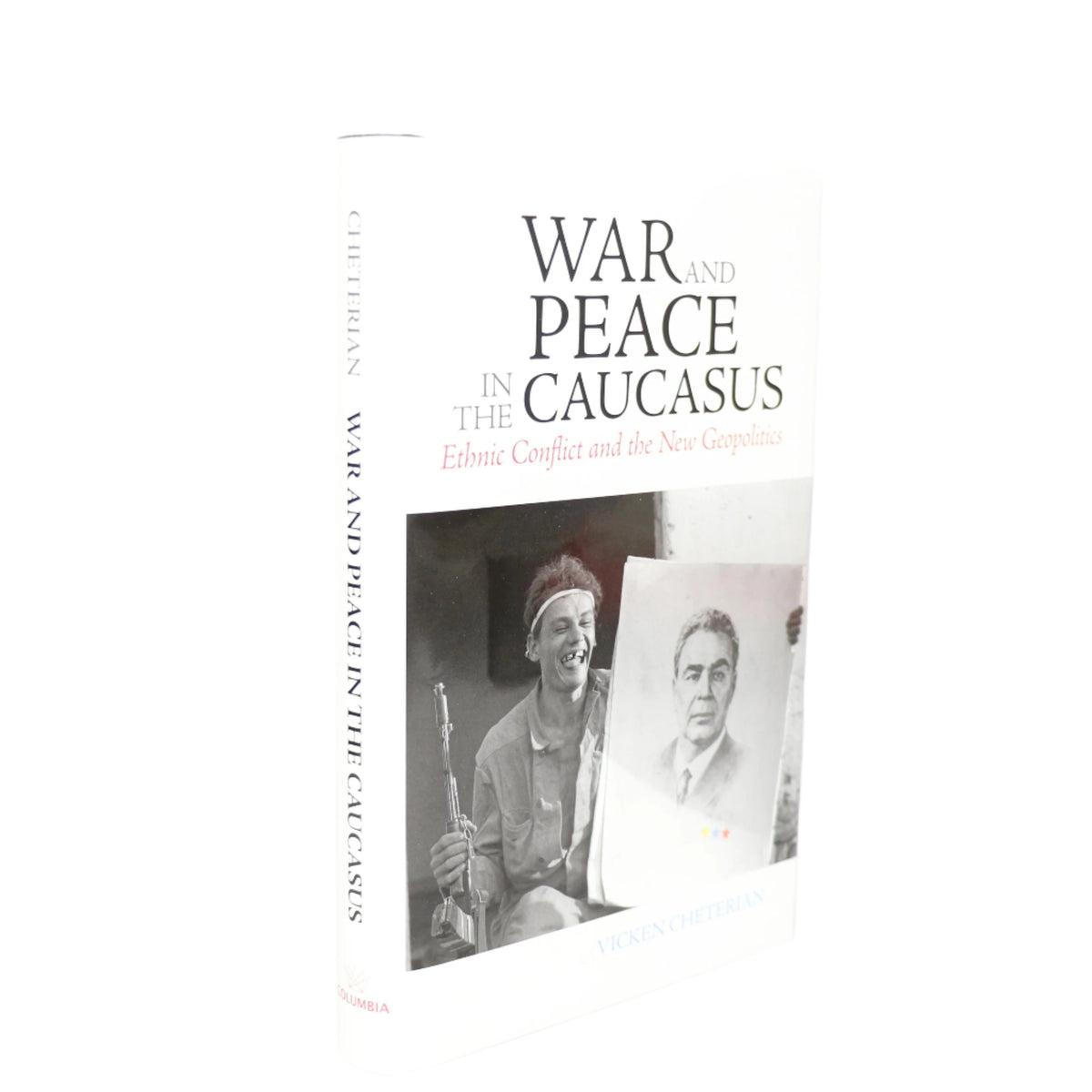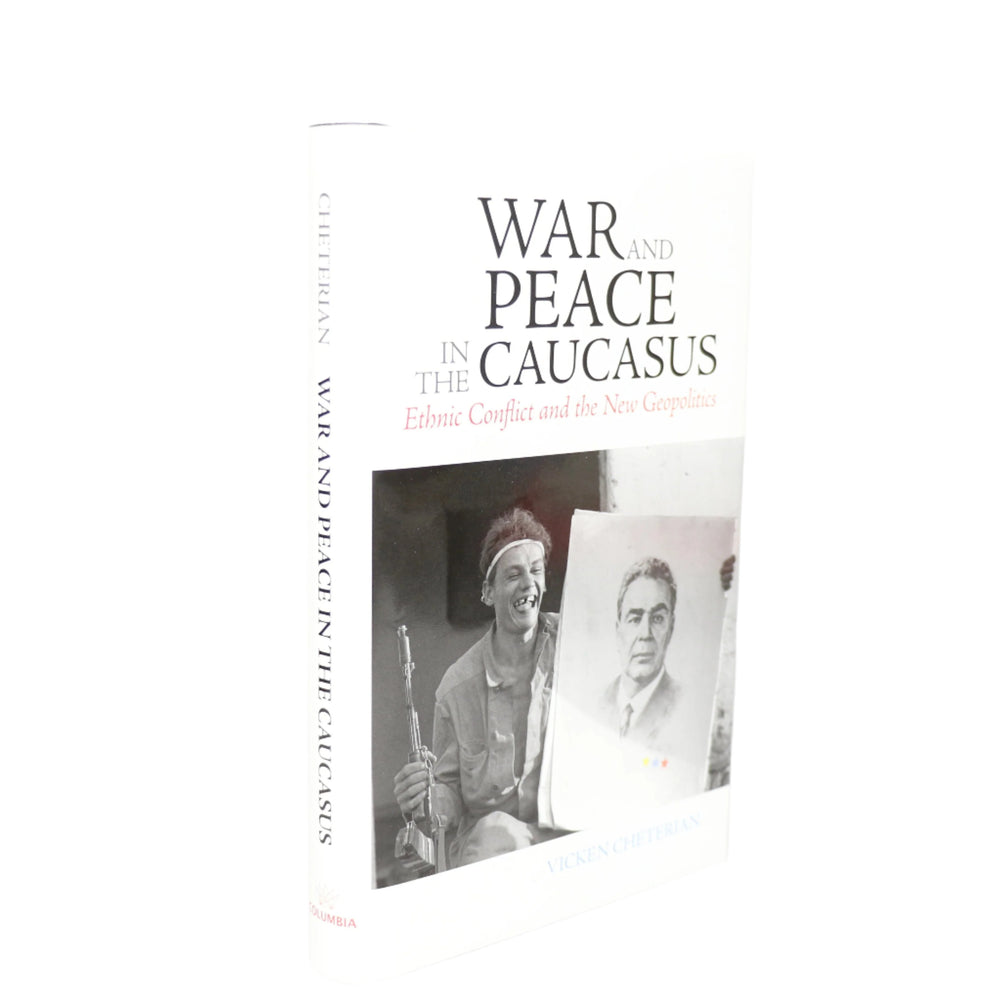By Vicken Cheterian
After the collapse of the Soviet Union the Caucasus was wracked by ethnic and separatist violence as the peoples of the region struggled for self-determination. Vicken Cheterian, who spent many years as a reporter and analyst covering the region's conflicts, asks why nationalism emerged as a dominant political current, and why, of the many nationalist movements that emerged, some led to violence while others did not. He explains also why minority rebellions were victorious against larger armies, in mountainous Karabakh, Abkhazia, and in the first war of Chechnya, and discusses the ongoing instability and armed resistance in the North Caucasus. He concludes his book by examining chapters the great power competition between Russia, the US, and the EU over the oil and gas resources of the Caspian region.
- Gallery
- Description


By Vicken Cheterian
After the collapse of the Soviet Union the Caucasus was wracked by ethnic and separatist violence as the peoples of the region struggled for self-determination. Vicken Cheterian, who spent many years as a reporter and analyst covering the region's conflicts, asks why nationalism emerged as a dominant political current, and why, of the many nationalist movements that emerged, some led to violence while others did not. He explains also why minority rebellions were victorious against larger armies, in mountainous Karabakh, Abkhazia, and in the first war of Chechnya, and discusses the ongoing instability and armed resistance in the North Caucasus. He concludes his book by examining chapters the great power competition between Russia, the US, and the EU over the oil and gas resources of the Caspian region.

